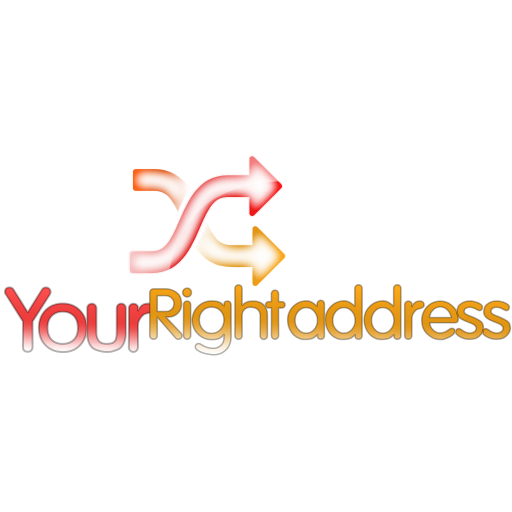If you’ve ever wondered how to become a forensic accountant, this article is for you. Listed below are some tips for a successful career. Obtaining a Bachelor’s degree is the first step, followed by obtaining a CPA credential. Experience is an important component of this job, as is knowing where to find digital evidence. In addition, forensic accountants must know how to interview fraud suspects to get an accurate picture of the facts.
Forensic accountants are not simply accountants, they are experts of financial investigations. Becoming a forensic accountant requires a bachelor’s or master’s degree in accounting, finance or a related field. In fact, since the field is so specialized, most forensic accountants have undergone further education in criminal justice or law enforcement in order to understand the types of investigations they will be conducting. There are also positions available specifically for criminal detectives that allow them to assist with this type of investigation.

Bachelor’s degree
Earning a Bachelor’s degree in forensic accounting will open up a wide variety of career opportunities and expand your professional perspective. Forensic accounting is necessary for many careers, such as investigating embezzlement or checking financial regulations. You’ll also find job openings in government, law enforcement, and other areas that require a thorough knowledge of financial issues. But what’s a forensic accounting degree like?
Undergraduate programs in forensic accounting are offered at many universities. The University of Texas is a top choice due to its academic reputation for preparing excellent accountants. U.S. News and World Report lists the university as the best school for accounting, thanks to its rigorous undergraduate program and faculty research. Besides accounting, the university also offers electives in corporate governance and auditing. Students can earn their bachelor’s degree with a forensic accounting concentration from the University of Texas.
CPA credential
A CPA credential is required to work as a forensic accountant in the United States. As a CPA, you must pass a standardized exam to practice as an accountant. Every state requires CPAs to take continuing education courses. As a forensic accountant, you can take additional education courses through certificate programs, seminars, or other training offered by business schools. For those interested in forensic accounting, you must also pass the corresponding examination administered by the Association of Certified Fraud Examiners.
To become a forensic accountant, you must earn a bachelor’s degree. This degree program should teach you critical accounting skills, including financial reporting, auditing, and regulatory measures. You should also have some experience in forensic accounting, including fraud detection, as this field is more demanding than other types of accounting. For your CPA exam, you must also submit a personal statement and official test scores.

Experience required
Forensic accountants specialize in a variety of crimes, including fraud and financial crimes. They analyze financial evidence and calculate the economic impact of criminal activities, and testify as an expert witness in court. This type of job requires a high degree of computer expertise and an understanding of the legal process. The experience required to become a forensic accountant varies widely, but the following are general requirements for the field.
A degree in criminology or criminal justice is also beneficial. This education will help you develop investigative skills and apply them to a variety of cases. Forensic accountants can also join professional organizations to gain experience and build their resume. Certification through the American Institute of Certified Public Accountants, for example, is the gold standard for forensic accountants. Certification will enhance their marketability and provide them with more opportunities.
A career in forensic accounting offers individuals a chance to work in the criminal justice field without being a law enforcement agent. While the job can be stressful and challenging, it also pays well, which means that many people find it appealing. The path to becoming a forensic accountant may seem difficult at first but can ultimately lead to a rewarding career if you stick with it.


